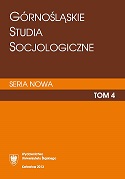

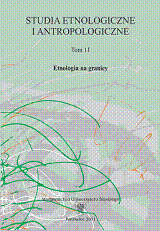
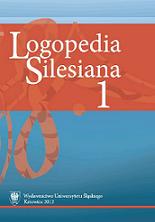

Keywords: elections; national elections; rights of minorities; Silesians
The Silesians are one of the largest ethnic groups in Poland. But Warsaw officialdom can't make up its mind whether they are a "minority" or not.
More...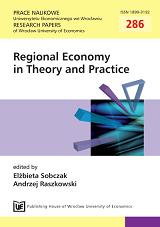
Keywords: cross-border cooperation; European regions NUTS 2; bilateral relations between Lower Silesia and Saxony
The objective if this paper is to present the most important aspects of cooperation between two European regions at NUTS 2 level, i.e. the Lower Silesian voivodship (also called Lower Silesia) and the region of Saxony, a part of the federal country – Germany - and more specifically one of its parts, the so called Dresden district. The author attempts to carry out another review of the so far accomplished effects resulting from this cooperation and to present their assessment. In the final part of the paper the directions for the improvement of this cooperation and the conclusions regarding the stimulation of crossborder cooperation in this part of Europe were suggested.
More...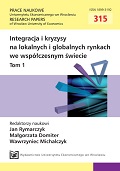
Keywords: university; medieval university; Humboldt university; University of the Third Generation; entrepreneurship university
The aim of this article is to present the evolution of the approach towards higher education and the role of universities over the centuries. It enabled the transition from the medieval university through Humboldt to the University of the Third Generation, thus providing opportunities for active functioning of technology commercialization on the innovation market,. A growing development of academic entrepreneurship is a positive effect of changes in the perception of the role of universities.
More...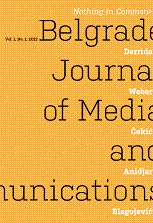
Keywords: university; unconditionality; sovereignty; democracy; Europe; philosophy; war; NATO; Serbia; Kosovo
In the midst of war at the heart of Europe and beyond, can the university maintain its commitment to unconditionality (the unconditional right to the truth, to ask any and every question) while contending with and contesting the form and the force of sovereignty? Can there be an unconditionality without sovereignty?
More...
We know very little about the emigration from Cieszyn Silesia to the United States of America in the second half of the 19th century. One source of information concerning the history of emigration is the press. The most important Polish newspaper in Cieszyn Silesia was Gwiazdka Cieszyńska (literally: The Cieszyn Star). Examination of issues of Gwiazdka Cieszyńska from 1851 to 1887 (the period when Paweł Stalmach was the editor-in-chief) provides some information about the emigration from Cieszyn Silesia to the United States of America. Additionally, it reveals how the newspaper created an image of the United States of America aimed at discouraging their readers from emigrating to this country.
More...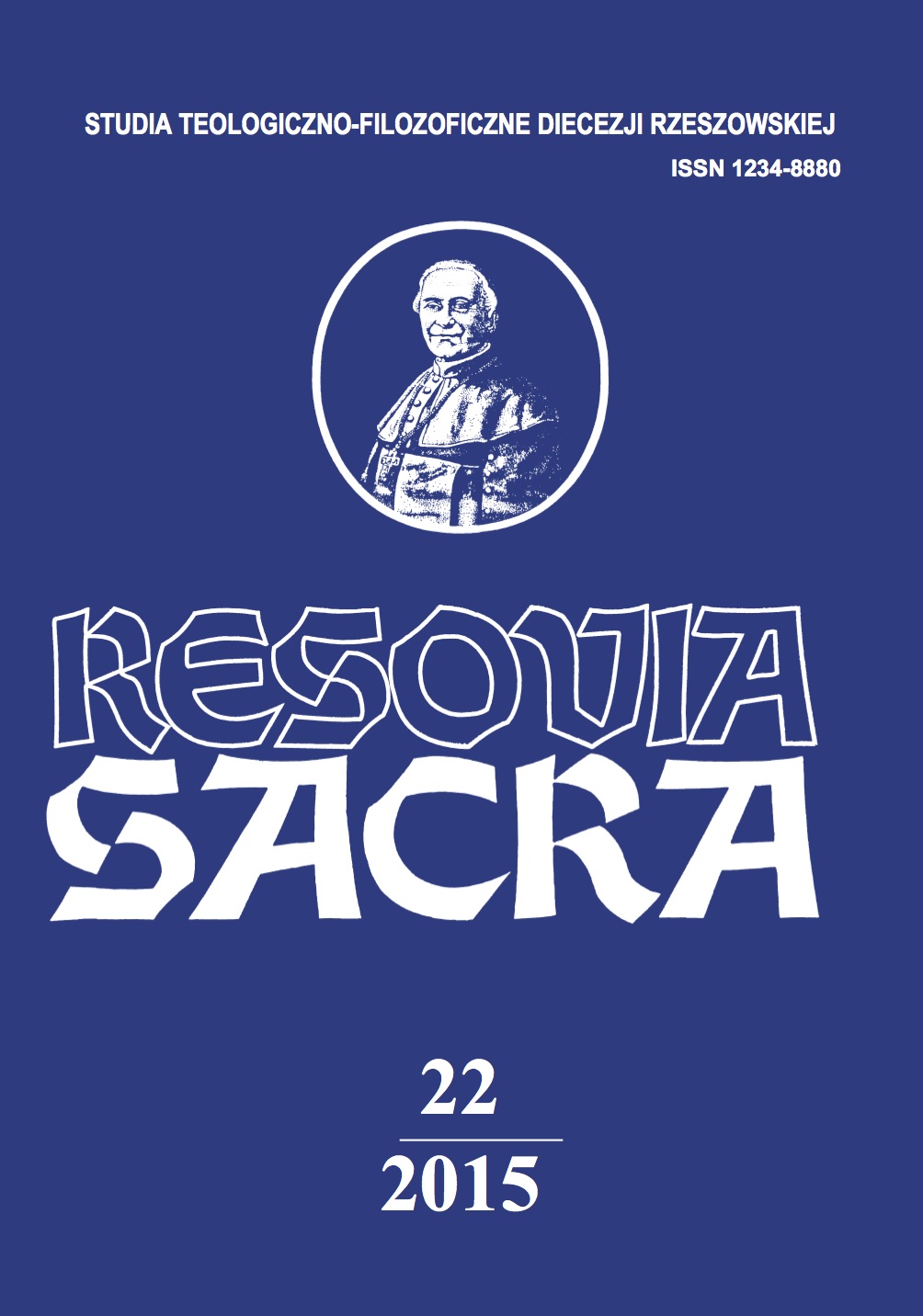
Keywords: university; common good; man; Catholic social teaching
The paper presents the university from the point of view of the social doctrine of the Church as a special institution which contributes to the creation of the common good. The ethical mission of the university serving man in the modern social context is presented. Finding the values rooted in man as a social being, is a prerequisite for creating community. The ethical and social principles of Catholic social teaching serve this process, thus the paper is trying to compile their canonic potential with the educational mission of the university, whose fundamental task remains the development of a wise, honest and good man. A proper and full concept of man is fundamental, because it determines the quality of the common good.
More...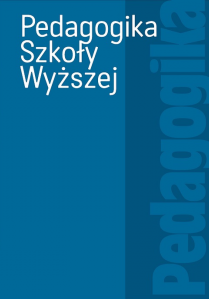
Keywords: university; rituals, rites; pop culture; popularity contests;
The aim of this paper is to take a closer look at university pop-rituals that can be treated as one of the elements of what a contemporary high school is. Rituals or rites of an institution reflect its culture understood as a selection of values, symbols, attitudes, ideas, beliefs and customs. In the text, I analyze the phenomena that are present at universities and that I refer to as pop rituals (various contests, parties organized at universities), and beforehand I explain that the concept of an institution’s pop-ritual side stands for in my view. The subject of the considerations that I undertake is thus the presence of phenomena typical for pop culture within the walls of high schools, possible reasons and consequences of his state of affairs, especially the positioning of a university on the so-called educational services market and new dimensions of the privileges of members of academic communities,
More...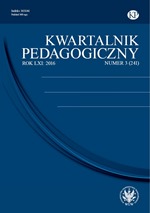
Keywords: university; education; humanitarianism; wisdom
In the article I show the link between the crisis of the contemporary university and the crisis of the European humanity. It is expressed by an imbalance between the material and the spiritual dimensions of life and the domination of the hedonic, utilitarian and vital value above the aesthetic, moral and intellectual values. However, in science it is expressed in the shaping for the 19th century domination of science over the humanities. Its effect is to displace the theory in Greek meaning, understood as the admiration for the truth, goodness and beauty, by the theory understood as a useful scientific hypothesis. Crowding out of education, understood as the acquisition of human competency, through the education understood as equipping entities of the work in practical competence. In the article I put a postulate that the university should again become a space of free thought, independent of the pressures of politics and the economy. It should free itself from the bureaucratic yoke and regain the confidence to be able to give a full, universal education.
More...Keywords: personal values;student preference;university;higher education;pitching research
This reversed engineering pitching letter is an outcome of the courseRBUS6914 course studied at The University of Queensland. The letter is written using Faff (2015a) template to present the exploratory relationship personal values of the students and their decisions for making a choice for their university study.The letter includes a brief commentary and personal reflection of the pitching process.
More...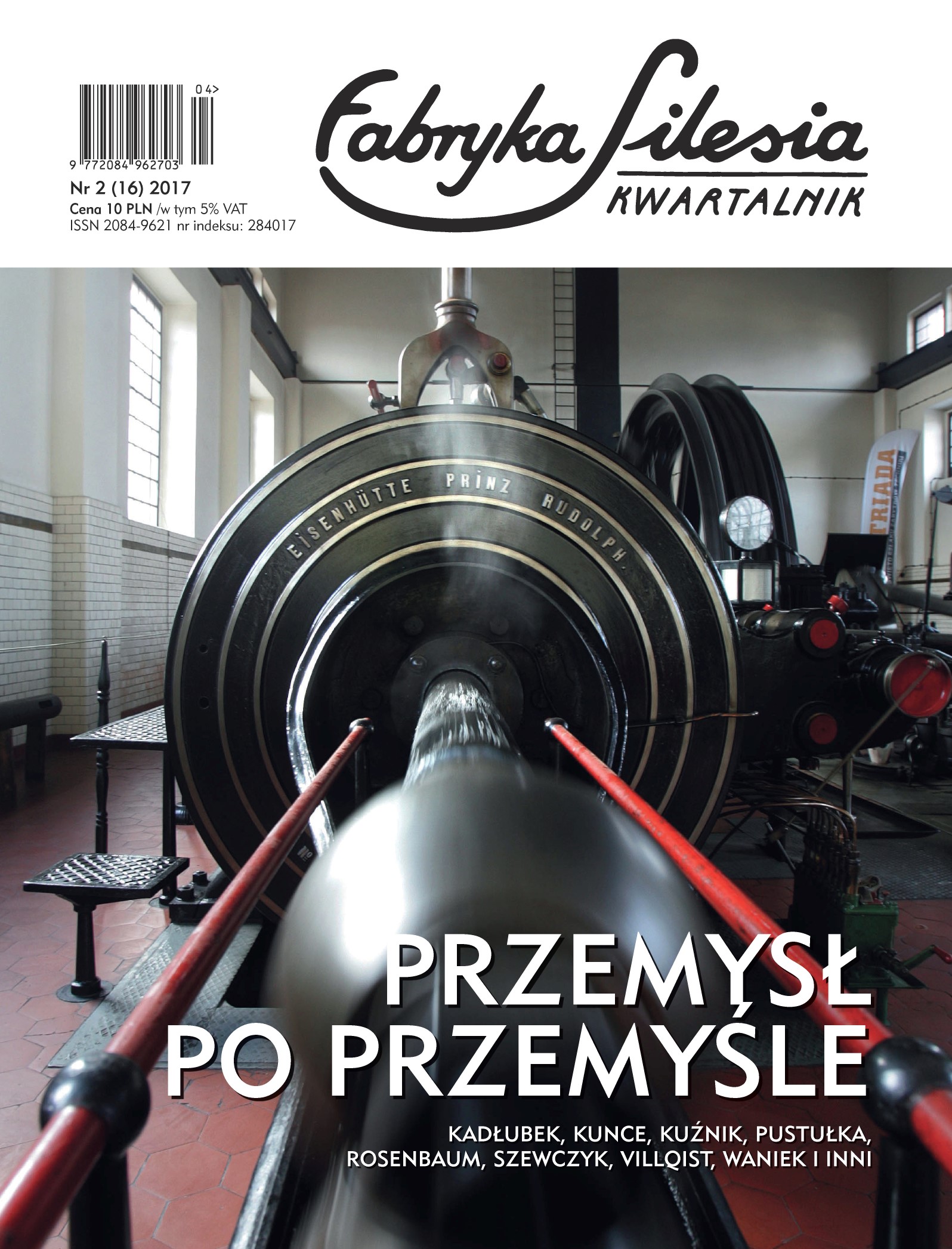
Keywords: postindustrial area;postindustrial city;postindustrial town;katowice;załęże;godula;ballestrem;eichendorff;
When I’m driving Chorzowska Street and passing the towers that are more and more encircling the church in Dąb, the district of Katowice, the feeling arises in me: will there be a colony of glass houses, or will Załęże go to the barricades first? Kiedy przejeżdżam Chorzowską i mijam wieże osaczające coraz bardziej kościół w katowickim Dębie, narasta we mnie myśl: czy powstanie tu kolonia szklanych domów, czy wcześniej Załęże pójdzie na barykady?
More...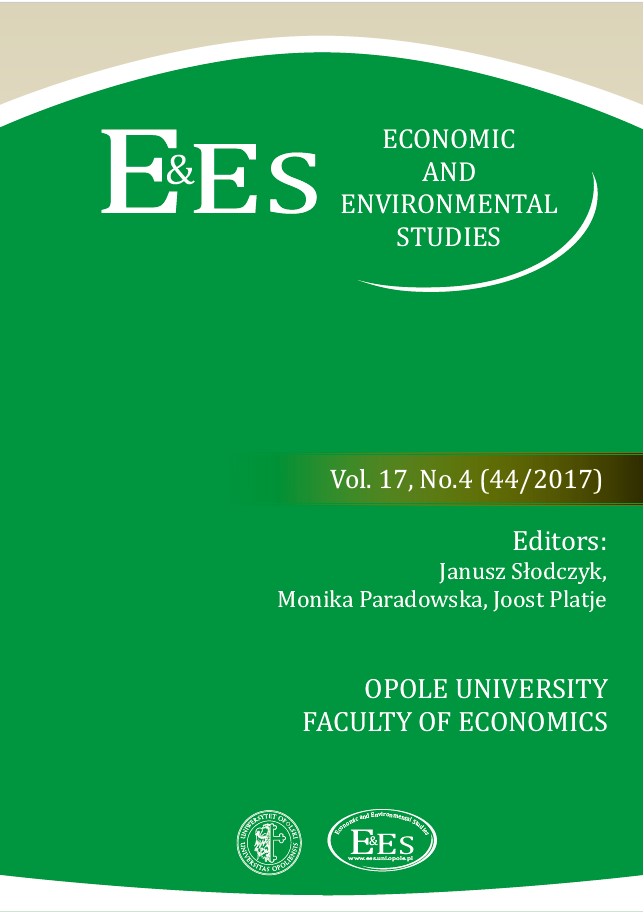
Keywords: ecosystem valuation; contingent valuation method; the Silesia Park; forest refugium; tree felling
The central part of the Silesia Park in Chorzów was designed as a forest refugium. Now this area of 200 ha is under pressure. Many trees have been cut down for the safety of park visitors. The forest is of significance for people who prefer walking and relaxation far from urban noise and park events. In May 2015, a pilot valuation survey of the forest refugium was conducted using the contingent valuation method (CVM). Respondents were asked if they would be willing to pay a local tax established in consequence of a referendum. Almost half of the respondents did not support implementation of this tax in surrounding towns. The maximum annual tax amount declared by the respondents was 100 PLN, the annual average was 34 PLN and the annual median was 20 PLN. Taking into account the number of residents who totally rejected the tax proposal, the average annual amount was 17 PLN. The forest refugium in the Silesia Park is appreciated by naturalists but is not often visited by the public. This forest area is probably not sufficiently important for the residents to introduce a local tax. The aim of this article is to show restrictions of the use of the CVM method.
More...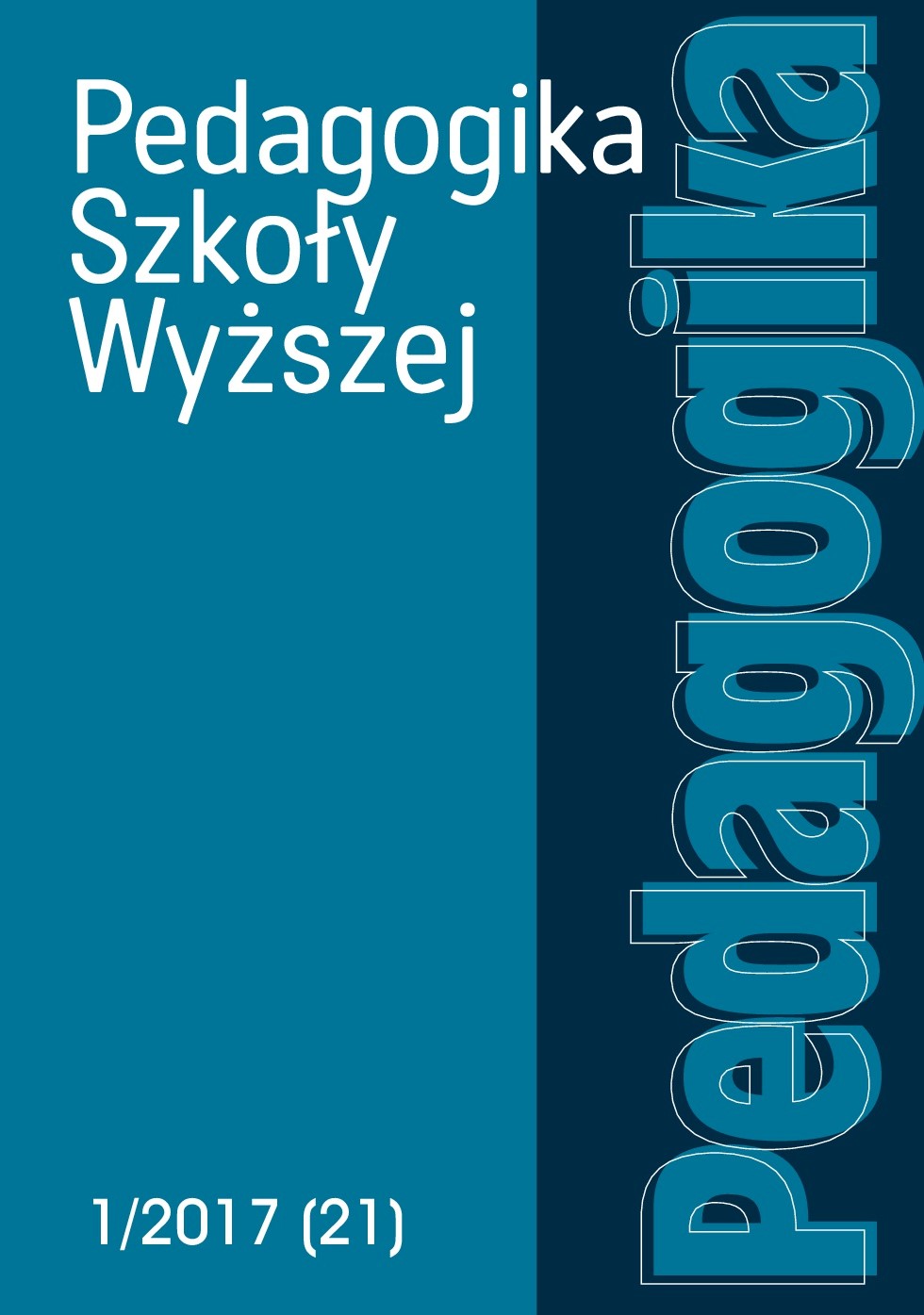
Keywords: university; Catholic university; higher education
Alasdair MacIntyre criticizes post-Enlightenment culture for having lost the teleological dimension. The remedy he proposes is the return to Aristotle and Saint Thomas. The key institution for the development of Catholic culture is a Catholic university. MacIntyre, following in the footsteps of Cardinal Newman, sees the role of this institution in integrating different branches of science on the foundation of theology with the co-operation of philosophy. Analyzing the functioning of American Catholic universities, MacIntyre observes that they aspire to imitate the prestigious state universities instead of striving to maintain their own specific character. The article considers the accuracy of MacIntyre’s diagnosis and discusses its compatibility to the reality of Polish Catholic universities.
More...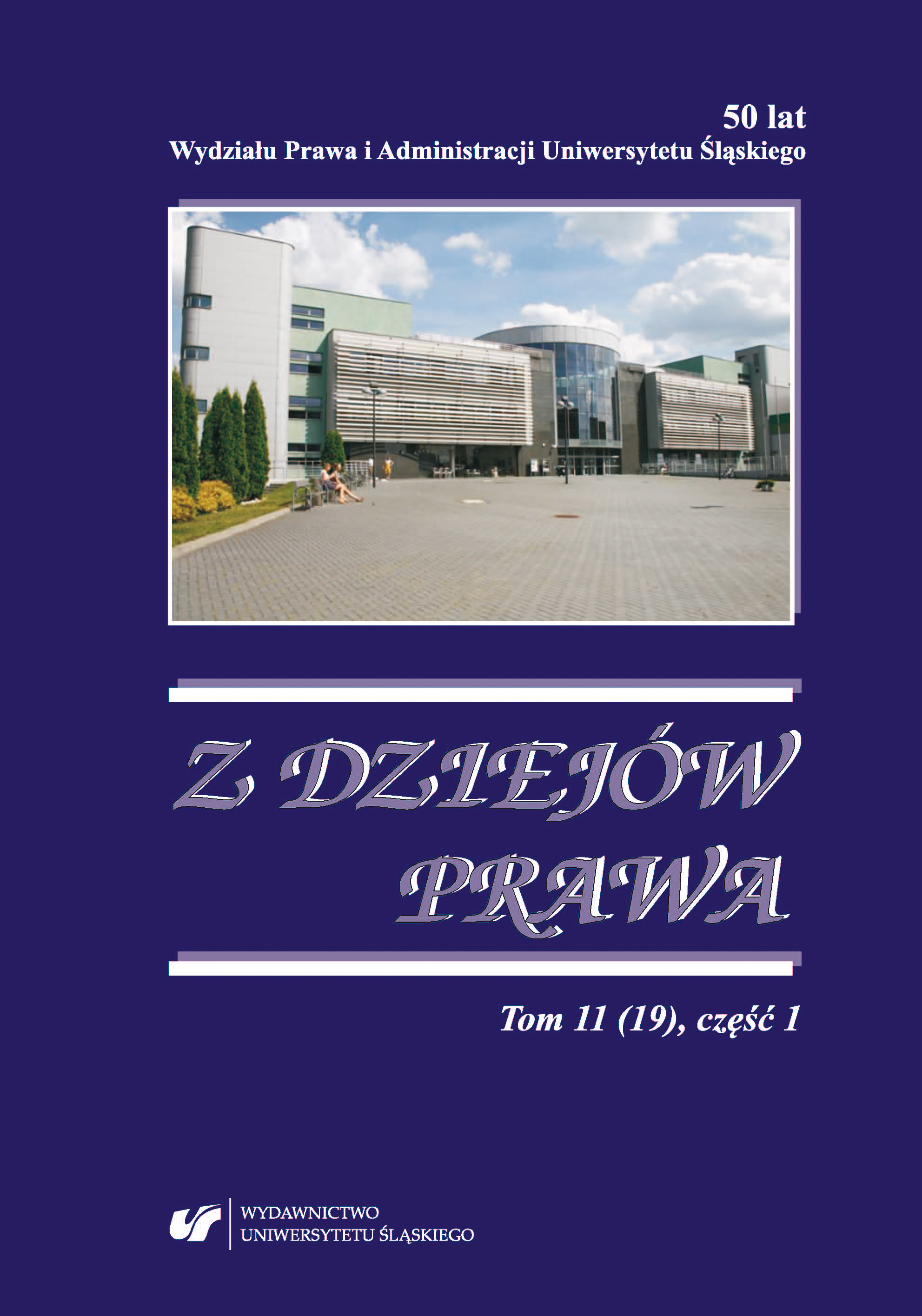
Keywords: Minority; Silesia; Catholic Church; Third Reich; Poland;
The article outlines the situation of the German Catholics who lived as a minority in the Catholic Church of Polish Silesia after 1945. Germans had lived in the historical region of Silesia since the Middle Ages, and they were Christians with a strong relationship with their Catholic Church. After the Reformation in the sixteenth century many became Lutherans, but a number remained within the Catholic faith. The downfall of the Third Reich had significant consequences for many Germans in Silesia, who were expelled or forced to emigrate from the newly risen Poland. A small minority remained in Polish Silesia and found further trust in the Catholic Church in of their difficult situation. The article provides an overview of the period from 1945 to 1989 and gives a brief look at contemporary developments.
More...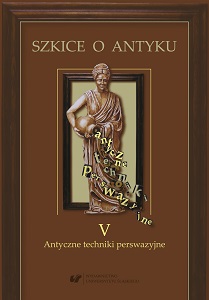
Keywords: University of Silesia in Katowice; Department of Classical Philology; classical studies; research projects;
The Department of Classical Philology at the University of Silesia in Katowice was established in 1991; but the beginning of its teaching and academic activity is dated to 1992. Professor Stefan Zabłocki was a founder and the first director of the department. His efforts met with the friendly support of the Dean of the Philology Department; Professor Jan Malicki and of the Vice Chancellor of the University of Silesia; Prof. Maksymilian Pazdan. The Silesian Circle of the Polish Philological Association was created in 1927 as an initiative of Inspector Wincenty Ogrodziński and Prof. Ryszard Gansiniec. The activeness of Upper Silesian classics was the result of the high level of the local educational system and later of the creation of new higher schools; especially the Silesian Medical Academy and the University of Silesia. Classical studies were established in favourable conditions also thanks to changes which took place 1990s. The development of classical philology in Katowice would not have been possible without a didactic support from Hellenists and Latinists from Krakow; Łódź; Opole; Poznań; Toruń; Warsaw and Wroclaw. The department has had its own didactic and academic staff for several years. Therefore it is possible to pursue studies of classical philology (bachelor’s; master’s degree) and Mediterranean studies (leading to a bachelor’s degree). It is also possible to do research in literary and linguistic studies as well as in ancient culture and its reception (especially in Byzantine literature and Neo-Latin texts).
More...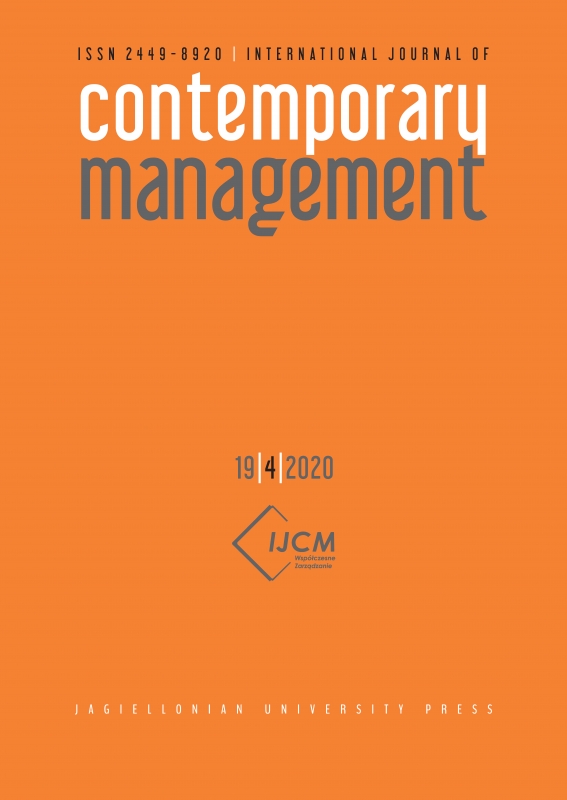
Keywords: university; university management; learning organisation; third generation university
Background. Currently, the university management requires undertaking the execution of new activities. In response to the challenges of the contemporary processes of the management – building a third generation university – universities are adapting the concepts of management, which up to now have been first and foremost availed of in the sector of enterprises. Such a solution is the concept of a learning organisation.Research aims. The aim of the research conducted was to verify the using of the concepts of a learning organisation during the building of the third generation universityMethodology. In the research methodology, a systematic literary review was applied, as well as a case study of the Jagiellonian University. The choice of this university was made on the basis of a subjective evaluation of the process of evolution of the university from the second generation to the third generation. The adoption of such research methodology shall facilitate the building of propositions of good practices of the university management for other universities in the future.Findings. The research conducted reveals that the university has been using a learning organisation to build a third generation university.
More...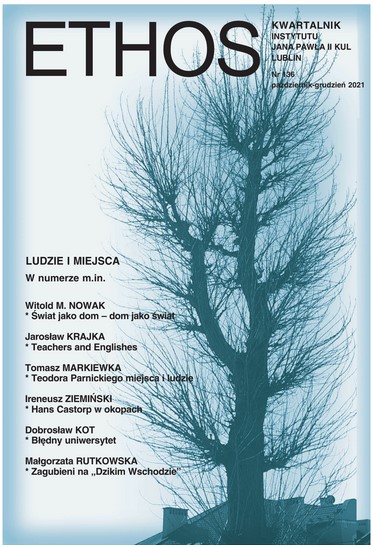
Keywords: university; scientific policy; place; being errant; thinking; science; resourcefulness; community of those who err;
The author reflects on the problem of the nature of the university, and his scrutiny revolves around the category of being errant in thinking. Seen from the vantage point of the modern praise for resourcefulness, the university appears to be a corporation with the objective to ‘produce’ research results and graduates: errors, as well as being errant in thinking, are considered as fallacies to be eliminated. The author attempts to reevaluate the category of being errant in thinking and, in conclusion, states that in fact the principle on which the university works is that of being errant, and that the university needs to be conceived as a community of those who err.
More...